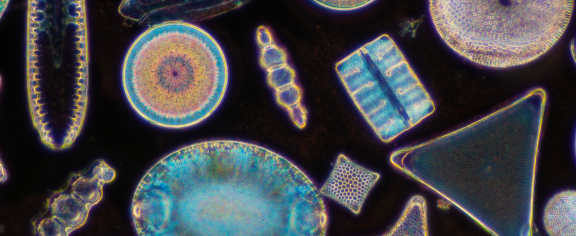2025-10-30
Interest in the Moon has been high – just in the past two years there have been 12 attempts to send missions to the Moon, nearly half of which private companies undertook. With so much activity, it’s important to start thinking about coordination and safe
2025-11-05
These tiny seafloor transformations are reshaping our understanding of how ocean sediments regulate carbon and climate.
2025-10-23
Researchers analyzed data from 10, yurt-like test chambers in a natural boreal spruce bog in northern Minnesota.
2025-10-10
searchers have developed a method to break down PET, one of the world’s most widely used plastics, for sustainable recycling using mechanical forces instead of heat or harsh chemicals.
2025-10-09
Georgia Tech expert Zachary Handlos joins a growing conversation about whether the Saffir-Simpson Hurricane Wind Scale adequately reflects the full range of hurricane hazards in a changing climate.
2025-09-23
A Georgia Tech team is piloting AI-powered sensors to help cotton farmers optimize pesticide use.
2025-09-26
Georgia Tech researchers analyze seasonal differences of SO₂ and sulfate concentrations in the atmosphere over decades to determine the long-term impact of sustained air quality control efforts.
2025-09-16
Scientists team up to better understand how certain types of air pollution increase the risk of developing dementia.
2025-09-16
A new study is unearthing how and why peatlands are producing carbon dioxide and methane.
2025-09-17
Despite the relatively modest scale of investment in clean energy by oil and gas companies so far, there are several business reasons oil companies would increase their investments in clean energy over time.









